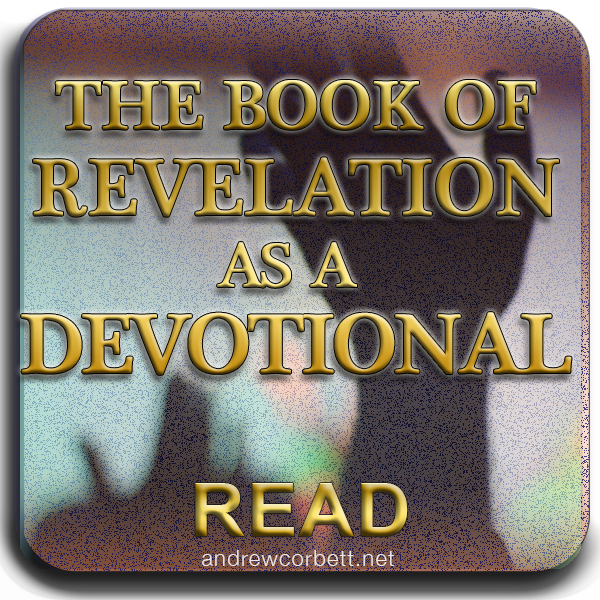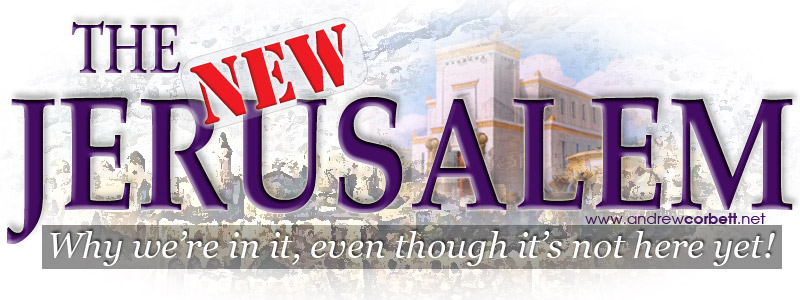
by Andrew Corbett | Jan 5, 2021 | Pastoral |
Many Biblical devotionals do not start with exegeting a text. This is sometimes justified with the fanciful notion that a Biblical passage can legitimately have multiple interpretations. But it is generally acknowledged in the field of Hermeneutics that one of the guiding principles is that the Bible has one intended meaning (which is the goal of interpretation) and multiple applications (which is the goal of devotionalism). Of all the devotional commentators of the Bible, Matthew Henry is probably the most renowned. He wrote a devotional commentary on nearly every book of the Bible. What makes Matthew Henry’s comments so valuable is that he had a better than average exegetical understanding of the text he was sharing his devotional thoughts on. The other value of his commentary is that it reveals how the Puritans approached the Text in the light of Papal apostasies. This is particularly apparent with his comments about the Book of Revelation. For example, his comments on Revelation 17 (which describes the “Harlot of Babylon”) contains references to “Papal Rome” and “the Papacy”. Matthew Henry the Exegete knew better than this, but Matthew Henry the Puritan Presbyterian Pastor was committed to the established idea that the Bible prophetically warned of the looming evils of the Papacy…

by Andrew Corbett | Feb 28, 2018 | Book of Revelation |
When we approach references in Scripture refering to the New or Heavenly Jerusalem we are guided by these principles of hermeneutics (The Method of Bible Interpretation). Added to this, we are also guided by our system of Eschatology. Our Eschatological system will give us certain presuppositions which heavily influence our understanding of the Bible. If for example, we have a Futurist Eschatological system, we will regard references in Jeremiah and Ezekiel of Israel being returned to their land after exile as pertaining to a last days regathering of Israel to the Promised Land which we would claim is being fulfilled today. But if we have a Historicist Eschatological system, we would regard the exact same references as predicting the return of Judah from exile in Babylon when the conquering Emperor, Cyrus, issued the decree allowing them to return (as chronicled in the Biblical books of Ezra and Nehemiah). Eschatological systems matter. Here are some of the features that a sound eschatological system should possess-
+ a means to accommodates all eschatological references
+ the ability to identify whether a prophecy is fulfilled or not
+ the capability to make certain testable predictions based on the Biblical text

by Andrew Corbett | Jun 19, 2010 | Bible Prophecy, Book of Revelation, Eschatology, Hermeneutics |
The dividing line between Classical Preterists and Full Preterists is how the Biblical references to the New Jerusalem are understood. Full Preterists, who argue that all of the Book of Revelation is fulfilled, contend that the New Jerusalem has already (spiritually) come ‘down’. Classical Preterists, who argue that only Revelation chapters 1-19 are fulfilled, on the other hand, contend that the expression New or Heavenly Jerusalem, while indeed alludes to the New Covenant, will one day have its full expression after the Second (Physical) Resurrection.
Full Preterists approach the Book of Revelation as if it is all fulfilled. Naturally then, the reference to the New Jerusalem coming down out of Heaven described in Revelation 21 is considered fulfilled.




